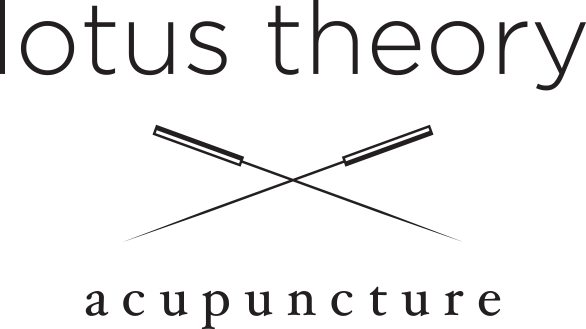Better Sleep Habits!
I hear quite often in my acupuncture practice of patients suffering from some form of insomnia, whether it is trouble falling asleep, staying asleep, or waking way too early in the morning. Let’s talk about a few things we can do to develop better sleep habits and the science behind them.
*Go to bed around the same time every night and wake up at the same time!
Our bodies not only love regular patterns, but they also have specific circadian rhythms, otherwise known as your “body clock.” These rhythms follow physical, mental, and behavioral changes throughout a 24-hour period and aid in digestion, immunity, and hormone regulation. Most research shows that humans thrive with 7 to 9 hours of sleep per night, so eating on the earlier side and allowing your body to start to secrete melatonin and unwind when the sun starts to set is crucial!
*Eliminate blue light exposure!
Whether it is scrolling through your iPhone, watching TV, or even reading on a kindle device, you are suppressing the release of melatonin before bedtime and tricking your brain into thinking it is still daytime. I recommend leaving your devices outside of your bedroom and not having a TV in the bedroom. Grab a boring book and soft warm reading light and I guarantee you will start to see a significant difference in not only getting more sleep, but netter quality sleep.
* Exercise!
Regular exercise has been proven to increase slow brain waves known as deep sleep cycles. Johns Hopkins Center for Sleep confirms that studies have shown that people who get 30-90 minutes of moderate exercise daily fall asleep easier and have better quality sleep (Johns Hopkins). Remember this can be a simple walk outside or high impact circuit training at the gym. Everyone is different, and you must experiment with what type of exercise is best for you.
*Create a soothing bedroom environment!
Having blackout curtains or an eye mask on can help eliminate any artificial light entering the bedroom when you are trying to fall asleep. Also, lower your thermostat! At night, our bodies start to cool down naturally and help signal that it is time for sleep. The Sleep Foundation recommends that a temperature of 65 degrees Fahrenheit allows this thermoregulation to happen more readily in the body (Pacheco & Wright, 2023). You may also want to sleep with some white noise if you live where you are often disturbed by unwanted sounds throughout the night.
*Try a natural sleep aid!
While I do not recommend getting used to taking melatonin every night, I do think it can come in handy when absolutely needed. The more melatonin we ingest, the less our body naturally produces it leaving us dependent on it. Other less addictive supplements known for calming the mind and body are chamomile, 5-HTP, kava, magnesium, tart cherry juice, and valerian root. You can also diffuse lavender, bergamot, sandalwood, blue tansy, and vetiver to calm the nervous system and quiet the mind.
Below are a few more ideas for better sleep:
-listen to calming music, guided meditation, or a sleep story. I highly recommend these 2 apps...
-write in your journal, focus on what you are grateful for and what brings your joy.
-take a warm bath
-eliminate naps
-minimize caffeine and alcohol consumption
And don’t forget.......
GET ACUPUNCTURE REGULARLY!!!!!
Below are some studies showing the efficacy of acupuncture for the treatment of insomnia.
https://www.ncbi.nlm.nih.gov/pmc/articles/PMC3156618/
https://pubmed.ncbi.nlm.nih.gov/31312225/
https://pubmed.ncbi.nlm.nih.gov/27430619/
https://pubmed.ncbi.nlm.nih.gov/26571888/
Johns Hopkins. Exercising for better sleep. https://www.hopkinsmedicine.org/health/wellness-and- prevention/exercising-for-better-sleep
Pacheco, D. & Wright, H. (2023, Nov 8). Best temperature for sleep. Sleep Foundation. https://www.sleepfoundation.org/bedroom-environment/best-temperature-for-sleep#:~:text=Thermoregulation%20during%20sleep%20is%20a,to%20fall%20and%20stay%20asleep.

